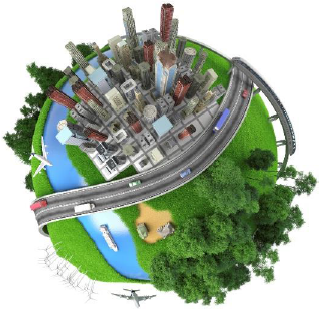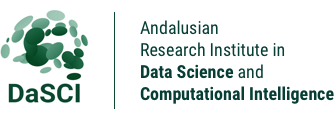Smart Cities: PreDUr

Smart Cities: Predicting the Urgency Demand from Environmental Sensors
Recently, the number and type of environmental sensors installed in Smart Cities is increasing due to their low-power, low-cost, high-capacity, and miniaturized.
PreDUr is a new methodology to predict urgency demand of patients at health centers from environmental sensors within smart cities. This new methodology is a key tool in decision making of Health Centers due to the fact that the prediction of this demand enables adapting policies and distributing dedicated resources in order to improve the Emergency Service, especially in crisis scenarios of seasonal stages.
The PreDUr methodology is based on natural language to integrate expert knowledge with minimal configuration and a sequence-based classifier learns temporal features from environmental data sensors.
This new methodology has already been implemented in Jaén (Spain) that is well-known by leading olive oil-based agriculture, which develops a high-environmental sensitivity within the city with a deep repercussion in Chronic Obstructive Pulmonary Disease (COPD) patients. PreDUr predicts the number of cases of COPD in the emergency service one day in advance from heterogeneous environmental sensors located in the city.
Period
2018 – Present
Researchers
Macarena Espinilla. Colaboradores: Javier Medina Quero, Miguel Ángel López Medina, Alberto Salguero Hidalgo.





